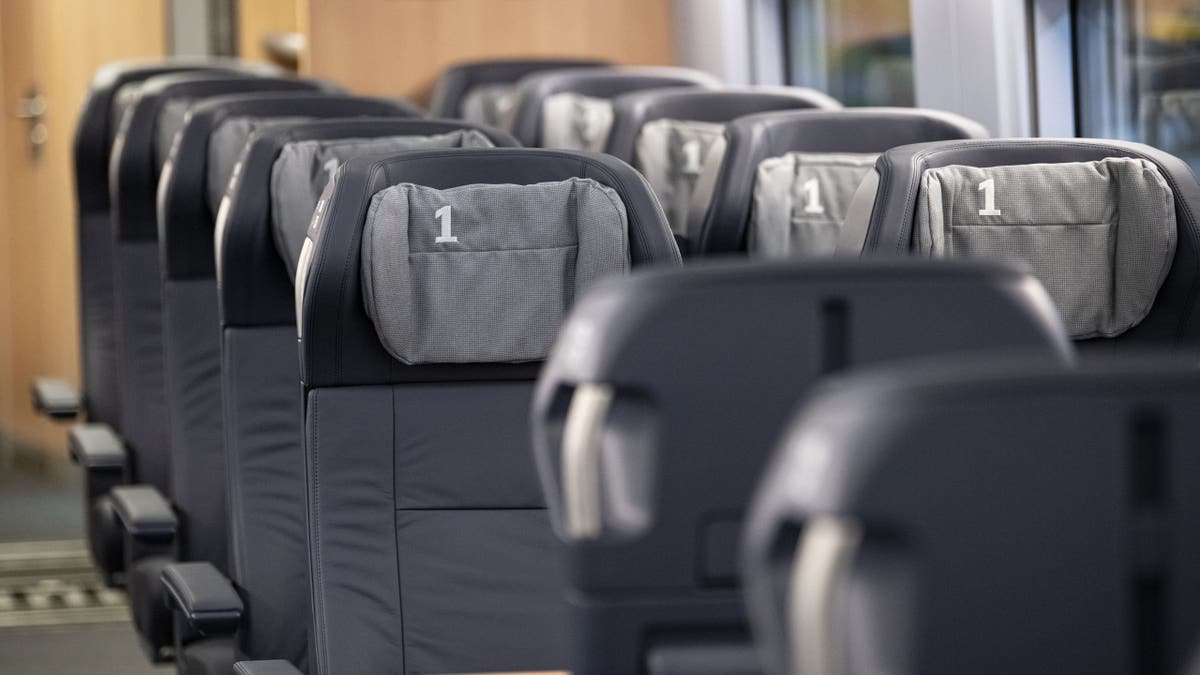Vacationers traveling on a railroad in Europe may be subjected to fines if they exceed the baggage limit as some countries grapple with overtourism.
In February, French National Railways (SNCF) announced there would be new limits on the amount and size of luggage on trains with the enforcement beginning on Sept. 15.
GREECE TO IMPOSE TAX FOR CRUISE VISITORS ON POPULAR ISLANDS TO COMBAT OVERTOURISM
“Our customers, but also our agents, may find themselves faced with safety problems on board (falling suitcases), traffic difficulties, or a lack of space,” an SNCF spokesperson told Fox News Digital via email.
“Because the spaces on board remain the same for an ever-increasing number of passengers in recent years,” the spokesperson added.
The limits vary based on the train, but for most high speed rails there are only two options for luggage.
For more Lifestyle articles, visit foxnews.com/lifestyle
Passengers can either bring one hand luggage and two suitcases or one hand luggage, suitcase and a specific item such as an instrument or sports equipment.

“If customers do not respect the maximum authorized quantities and dimensions, agents will inform them that they will have to pay an amount of €50 per non-compliant or excess baggage, or a fine of €150 if the baggage is inconvenient or dangerous,” said the spokesperson.
Hand luggage can measure a maximum of 40 x 30 x 15 centimeters, while suitcases can measure up to 90 x 70 x 50 centimeters, according to the SNCF site.
Other European countries have enacted or proposed different initiatives in an attempt to curb overtourism.

Officials in Greece are planning to impose a tax for cruise ship visitors who are traveling to the islands of Mykonos and Santorini during peak summer seasons, Fox News Digital reported.
In Italy, Venice initiated a pilot program to charge day-trippers an entry fee to reduce the influx on peak days, and officials in Rome are drafting a plan to implement allocated time slots at the iconic Trevi Fountain to limit waves of guests while collecting a fee.
Read the full article here











